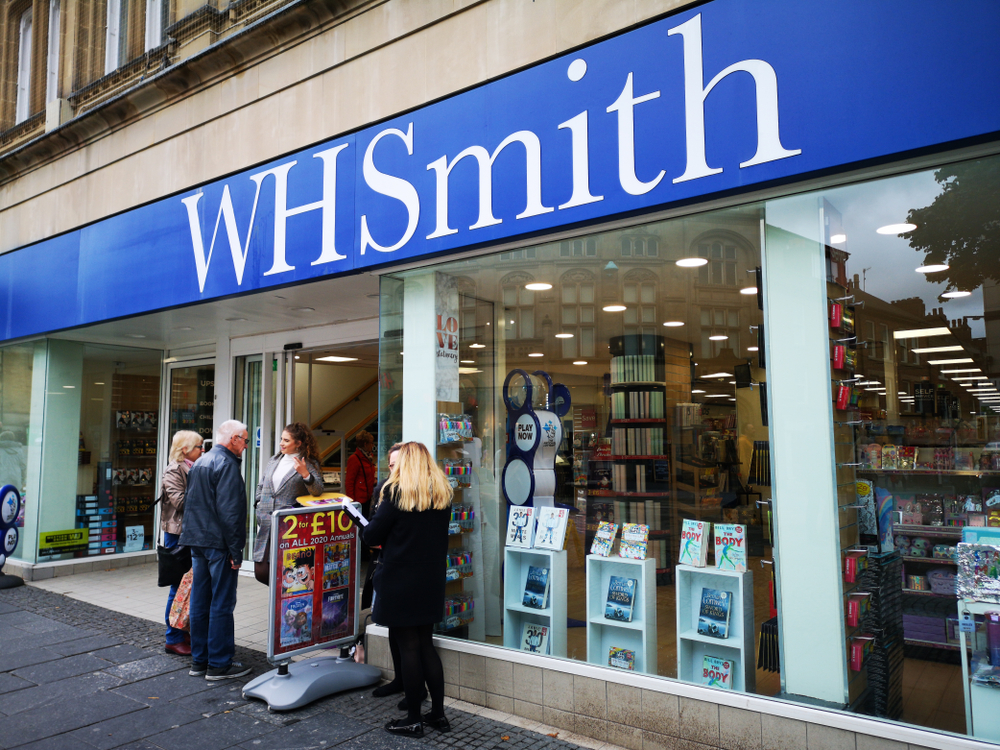// Labour’s shadow chancellor Anneliese Dodds warns JRS extension risks “massive spike in job losses”
// The risk pertains to government contribution dropping to 60% from August
// While the government will pay 80% until the end of July, from August employers are expected to pay the difference
Potential employer contribution changes to the UK Government’s job retention scheme (JRS) “risks a massive spike in job losses”, Labour’s shadow chancellor has warned.
Anneliese Dodds called for “clarity” around the future of the JRS, which is providing salaries to millions of furloughed workers during the lockdown amid the Covid-19 pandemic.
Chancellor Rishi Sunak insisted it was “right” to ask employers to make a contribution to paying the wages of their employees.
READ MORE:
- Government officially extends furlough scheme to October
- Non-essential retail to reopen in June as govt unveils lockdown exit plan
- Coronavirus: New safety guidance for retailers reopening stores
Last week, the UK Government officially extended the JRS until October, although from August, the government contribution would be reduced gradually, starting at 60 per cent.
At present, the scheme pays 80 per cent of a worker’s salary up to a £2500 monthly cap.
While extension means employees would continue to receive the current level of support, from August that support would be a combination of state and employer contributions.
Speaking during Commons Treasury questions, Dodds said: “We recognise it can’t persist forever.
“However, according to press reports the Treasury is considering asking all employers to pay 40 per cent of employee wages on the JRS from August 1.
“That risks a massive spike in job losses.”
Sunak replied: “We are in deep consultation with both unions and business groups to make sure we get the design of the second part of this scheme right.
“I think it is right both for the economy and, indeed, for the taxpayer to ask employers to make a contribution to paying the wages of their employees.
“They will have the benefit of flexible furloughing to help offset that and I can’t comment now, but I did say details will be provided by the end of the month.”
More than two million claims for grants worth £6 billion have been made under the government’s support scheme for self-employed workers amid the pandemic, the Chancellor said.
“The self-employment support scheme opened last week ahead of schedule and provides support worth up to £7500 to millions of individuals,” Sunak told MPs.
“I’m pleased to tell the House that at the end of yesterday there had been more than two million claims with grants worth £6 billion in total being claimed for.
“Those people will have the money in their bank accounts within six working days of their claim and of course I’ll keep this scheme under review.”
Sunak said the government has offered the retail, hospitality and leisure sector “significant support” as concerns about the sectors were raised by the SNP’s economic spokeswoman Alison Thewliss.
“Hospitality and tourism were first out and will be last back,” she said.
“Many have no income and are building up debt, and may feel compelled to sack workers if they’re asked to pay more by the government at the end of July.
“Can I ask the Chancellor how he intends to prevent this and support this part of the economy in the months ahead?”
Sunak replied: “It is precisely the retail hospitality leisure sector that has received the most direct fiscal support from this Government, through cash grants of £10,000 or £25,000, and an entire business rate holiday for the entire sector for the entire year – well beyond the point of reopening.”
The Chancellor added he “would be more than happy” to increase funding for the coronavirus future fund if applications exceed the £250 million provided.
The scheme will issue convertible loans between £125,000 to £5 million to “innovative companies” facing difficulties due to the Covid-19 outbreak.
Tory Commons Treasury Select Committee chair Mel Stride called for greater flexibilities to enable more businesses to access the funding.
“I wonder if (he) might take a second look at the qualification requirements for the future fund and to see whether EIS (Enterprise Investment Scheme) and SEIS (Seed Enterprise Investment Scheme) might be accommodated in some way?” he said.
Sunak said EU state aid laws make it difficult to support these businesses.
“That said, guidance was published today, the fund will be open for applications on Wednesday and I have been crystal clear that should applications exceed the initial £250 million provided, I would be more than happy to expand the scheme, and I think this will be a vital part of fuelling our recovery,” he said.
with PA Wires
Click here to sign up to Retail Gazette‘s free daily email newsletter

















